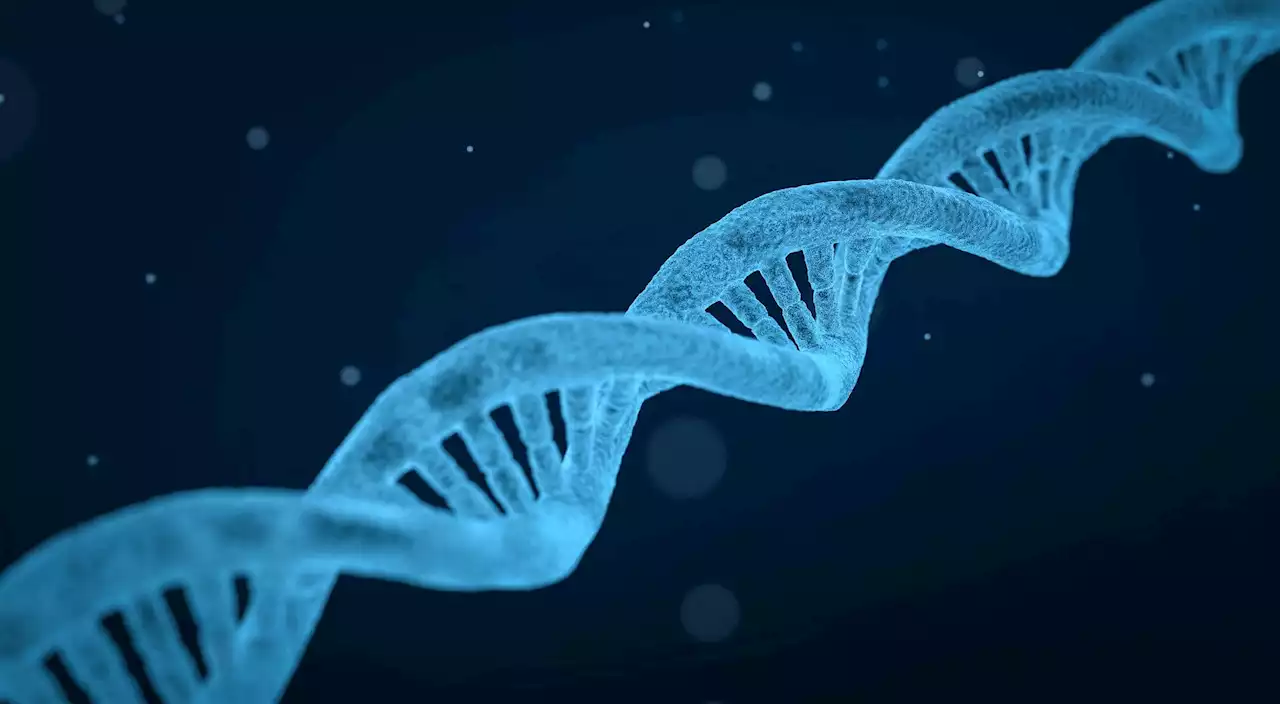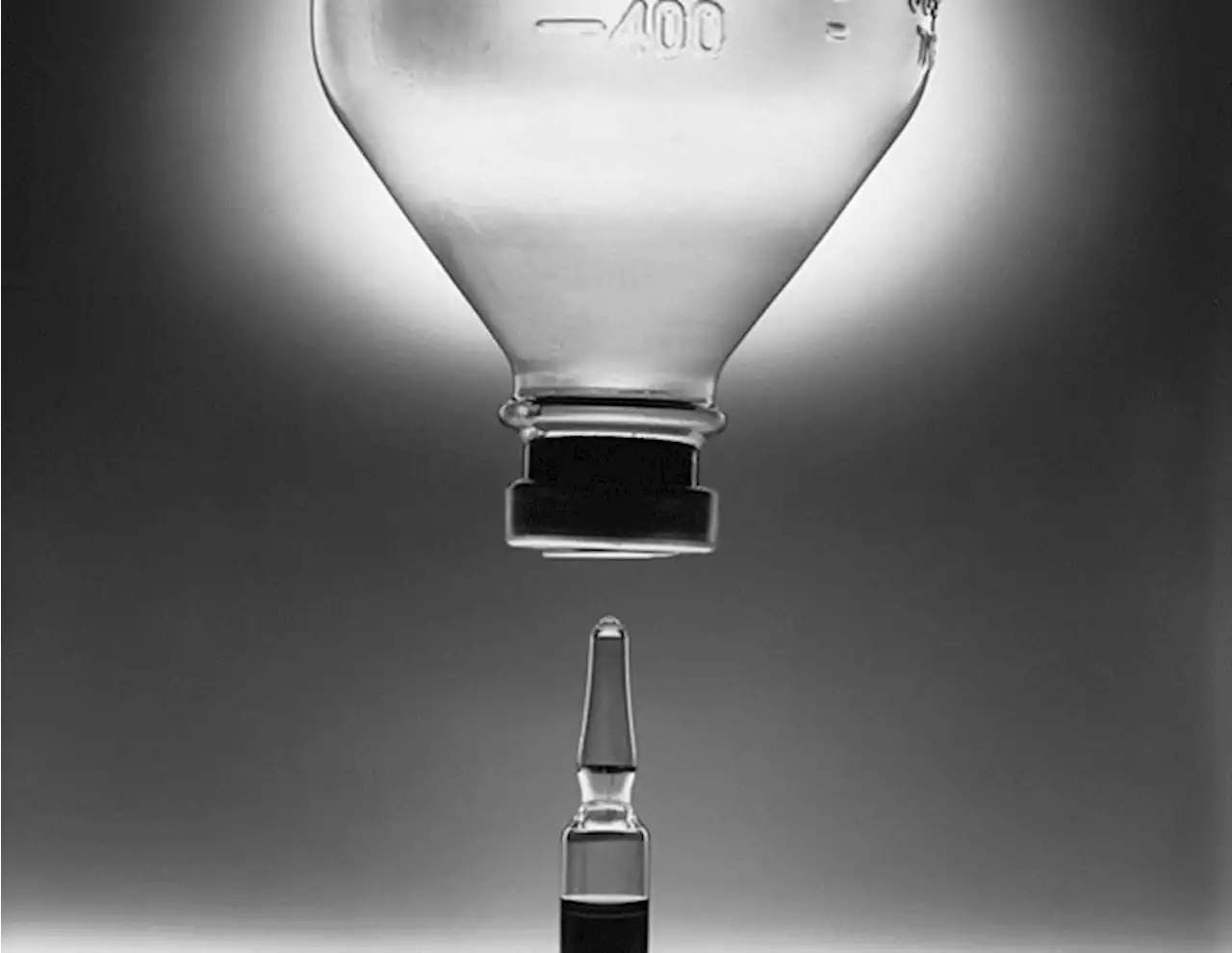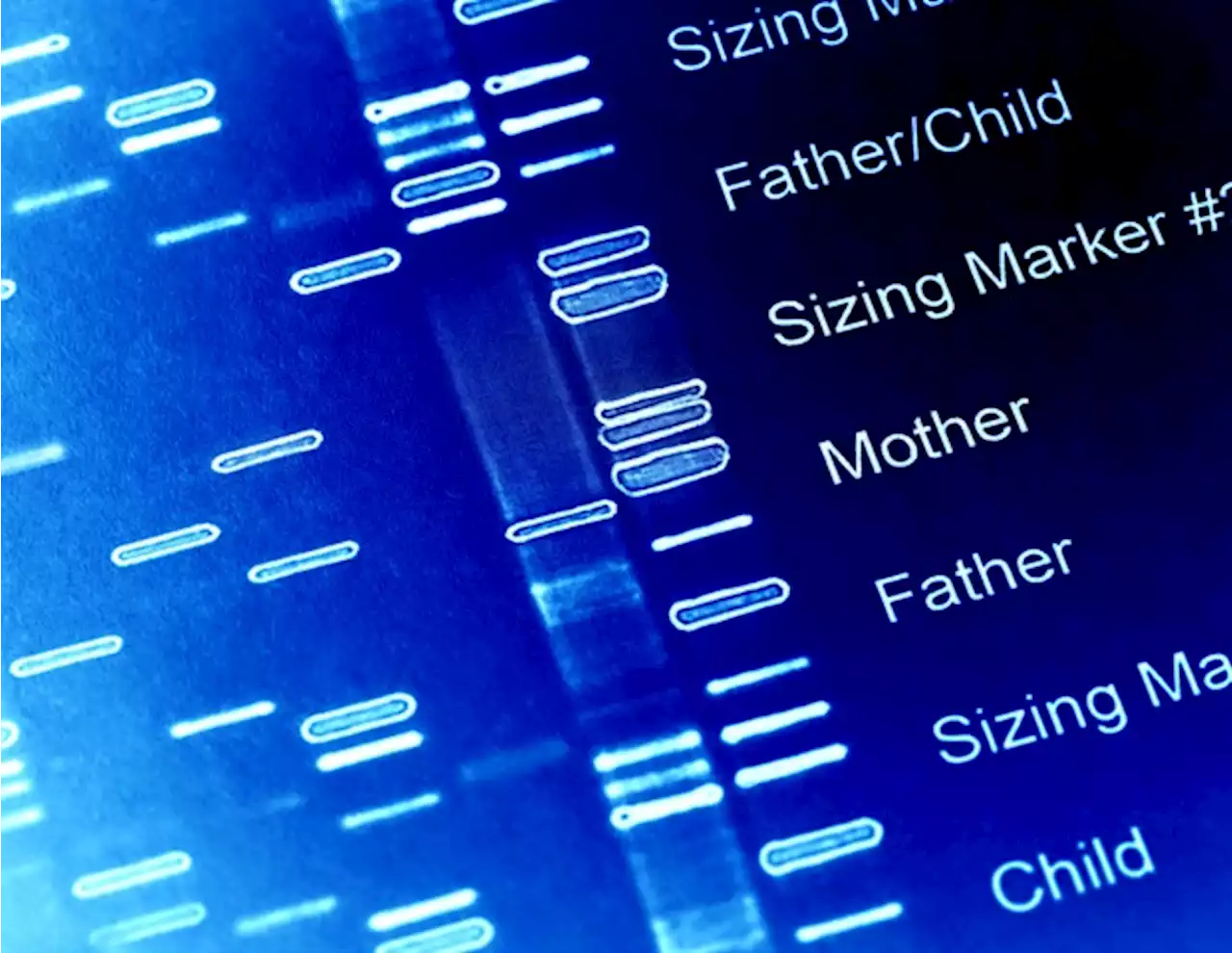A team of researchers at the University of Massachusetts Amherst has shown that a single, small strand of microRNA, or miRNA, known as let-7, governs the ability of T-cells to recognize and remember tumor cells. This cellular memory is the basis for how vaccines work. Boosting cellular memory to recognize tumors could help improve cancer therapies.
Most of the time, the T-cells are"naïve"—mustered out of duty and resting. But when they recognize foreign antigens after bumping into them, they suddenly wake up, turn into killer T-cells and attack whatever the pathogen may be, from the sniffles to COVID, or even cancer. After the killer T-cells have won their battle, most of them die.
This is one of the mechanisms behind how vaccines work: infect the body with a weakened dose of a pathogen—say, the chicken pox virus—and the memory cells will remember what that virus looks like, turn into killer T-cells, annihilate the virally infected cells and then transform back into memory cells, waiting for the next time the chicken pox virus shows up.
"What we've discovered," says Pobezinsky,"is that a tiny piece of miRNA, let-7, which has been handed down thesince the dawn of animal life, is highly expressed in memory cells, and that the more let-7 a cell has, the less chance that it will be tricked by cancerous tumor cells, and the greater chance it has of turning into a memory cell." If the memory cell isn't tricked by the cancer, then it can fight and, crucially, remember what that cancerous cell looks like.
"Memory cells can live for a very long time," adds Pobezinskaya."They possess stem-cell-like features and can live for 70 years." "We are very excited, not only about the fundamental insights this research has provided, but also the translational impact it could have on next generation immunotherapies," says lead author Alexandria Wells, a postdoctoral fellow at the Cancer Research Institute who completed the work as part of her Ph.D. training at UMass Amherst.
Australia Latest News, Australia Headlines
Similar News:You can also read news stories similar to this one that we have collected from other news sources.
 Antiviral drug molnupiravir linked to SARS-CoV-2 mutationsResearchers at the Francis Crick Institute, the University of Cambridge, Imperial College London, the University of Liverpool, the University of Cape Town and UKHSA have uncovered a link between an antiviral drug for COVID-19 infections called molnupiravir and a pattern of mutations in the SARS-CoV-2 virus.
Antiviral drug molnupiravir linked to SARS-CoV-2 mutationsResearchers at the Francis Crick Institute, the University of Cambridge, Imperial College London, the University of Liverpool, the University of Cape Town and UKHSA have uncovered a link between an antiviral drug for COVID-19 infections called molnupiravir and a pattern of mutations in the SARS-CoV-2 virus.
Read more »
 Researchers investigating whether meerkats pick up on human emotionsThey hope any findings might be able to help improve experts’ understanding and management of different species.
Researchers investigating whether meerkats pick up on human emotionsThey hope any findings might be able to help improve experts’ understanding and management of different species.
Read more »
 Researchers investigating whether meerkats pick up on human emotionsThey hope any findings might be able to help improve experts’ understanding and management of different species.
Researchers investigating whether meerkats pick up on human emotionsThey hope any findings might be able to help improve experts’ understanding and management of different species.
Read more »
 Researchers crack genetic code of rare kidney cancerThe genetic code of a rare form of kidney cancer, called reninoma, has been studied for the first time. In a paper, published in Nature Communications, researchers at the Wellcome Sanger Institute, Great Ormond Street Hospital and The Royal Free Hospital also revealed a new drug target that could serve as an alternative treatment if surgery is not recommended.
Researchers crack genetic code of rare kidney cancerThe genetic code of a rare form of kidney cancer, called reninoma, has been studied for the first time. In a paper, published in Nature Communications, researchers at the Wellcome Sanger Institute, Great Ormond Street Hospital and The Royal Free Hospital also revealed a new drug target that could serve as an alternative treatment if surgery is not recommended.
Read more »
 Researchers develop new method to deliver strong antibiotic drugs more safelyAntibiotic resistant bacteria are a threat to human lives, and yet the development of new drugs to treat bacterial infections is slow.
Researchers develop new method to deliver strong antibiotic drugs more safelyAntibiotic resistant bacteria are a threat to human lives, and yet the development of new drugs to treat bacterial infections is slow.
Read more »
 Researchers crack the genetic code of rare form of kidney cancerThe genetic code of a rare form of kidney cancer, called reninoma, has been studied for the first time. In the new paper, published today (25th September) in Nature Communications, researchers at the Wellcome Sanger Institute, Great Ormond Street Hospital and The Royal Free Hospital also revealed a new drug target that could serve as an alternative treatment if surgery is not recommended.
Researchers crack the genetic code of rare form of kidney cancerThe genetic code of a rare form of kidney cancer, called reninoma, has been studied for the first time. In the new paper, published today (25th September) in Nature Communications, researchers at the Wellcome Sanger Institute, Great Ormond Street Hospital and The Royal Free Hospital also revealed a new drug target that could serve as an alternative treatment if surgery is not recommended.
Read more »
